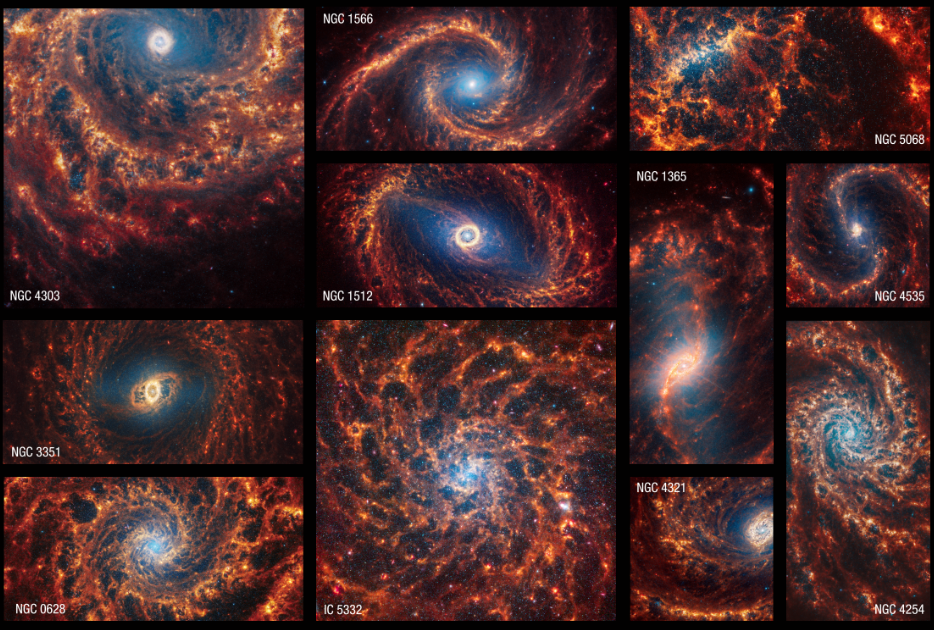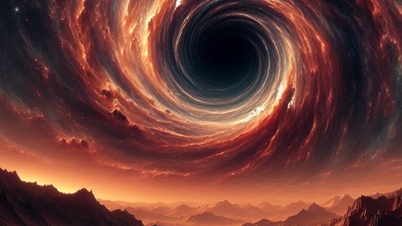Water in the universe likely formed about 100 to 200 million years after the Big Bang, and was most likely the main component of the first galaxies, according to a report published in the journal Nature Astronomy.

Images of spiral galaxies captured by the James Webb Telescope.
For a long time, researchers have been unable to confirm when water in space first began to form.
Humankind has long known that water is extremely important for life, and that its components, hydrogen and oxygen, are formed in different ways.
Lighter chemical elements like hydrogen, helium, and lithium were formed in the Big Bang, but heavier elements, like oxygen, are the result of nuclear reactions inside stars or supernova explosions. Therefore, it is difficult to know exactly when water first appeared.
To answer this question, astronomer Daniel Whalen and his colleagues at the University of Portsmouth (UK) used computer models of two supernova explosions: the first involving a star with a mass 13 times that of the sun, and the second involving an object 200 times that of the sun.
The results showed that the first explosion produced a moderate amount of heavy elements, while the second explosion released tens of times the mass of the sun into space.
Whalen and his colleagues discovered that oxygen cooled and mixed with hydrogen after the supernova explosion to create water that accumulated inside the remaining clumps of material. These clumps of material are likely the sites where the second generation of stars and subsequent planets will form.
They suggest that water-rich regions were likely the starting point for the formation of planets in the early universe, long before the first galaxies appeared.
Therefore, water must have been a major component of early galaxies.
Source: https://thanhnien.vn/nuoc-trong-vu-tru-co-tu-lau-truoc-khi-cac-thien-ha-dau-tien-xuat-hien-185250304105838047.htm






































































































Comment (0)